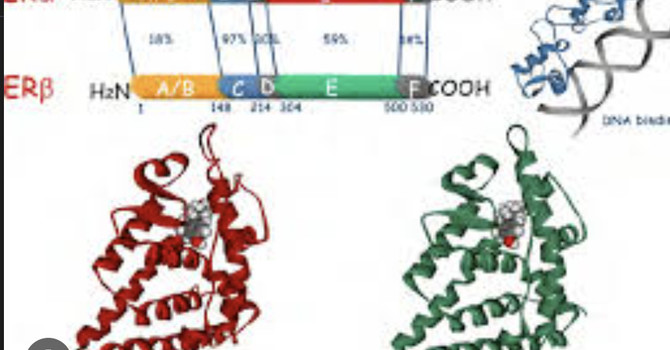
Introduction: A New Perspective on Menopause and Heart Health
A common misconception among women is that the biggest health threat they face is breast cancer. However, statistics tell a different story. The leading cause of death in menopausal women isn't breast cancer – it's cardiovascular disease (CVD). This article aims to shift the focus towards a powerful tool in our arsenal against heart disease: Hormone Replacement Therapy (HRT).
The Hidden Risk: Cardiovascular Disease in Menopause
During menopause, the risk of developing heart disease significantly increases. This is primarily due to the decline in estrogen, a hormone that, unbeknownst to many, plays a crucial role in maintaining cardiovascular health.
Estrogen: The Unsung Hero of Heart Health
Estrogen is more than just a reproductive hormone. It has a protective effect on the heart and blood vessels. It helps maintain the flexibility of arteries, ensuring smooth blood flow, and also works on a molecular level to keep cholesterol levels in check. As estrogen levels drop during menopause, women lose this vital protection, making them more susceptible to heart disease.
HRT: Timing is Everything
Recent studies have brought to light the 'timing hypothesis' in HRT. When started early (within 10 years of menopause or before the age of 60), HRT can significantly reduce the risk of heart disease. This is because HRT can partially replenish the protective effects of estrogen, helping to maintain heart and artery health.
Understanding the Benefits of HRT
-
Arterial Health: HRT helps keep arteries flexible, reducing the risk of atherosclerosis (hardening of the arteries), a major contributor to heart disease.
-
Cholesterol Management: Estrogen in HRT can help maintain a healthy balance of cholesterol, reducing the risk of plaque buildup in arteries.
-
Blood Pressure Regulation: HRT can also aid in keeping blood pressure levels in check, further protecting against heart disease.
Addressing the Breast Cancer Concern
While breast cancer is a valid concern, it's crucial to balance this fear with the understanding that heart disease is a more prevalent threat. The risks associated with HRT are relatively low, especially when therapy is started early and tailored to the individual's health profile.
Conclusion: A Balanced Approach to Menopause Management
In conclusion, while the fear of breast cancer is understandable, it's important to recognize that the number one health threat to menopausal women is heart disease – a risk that can be significantly mitigated with the timely initiation of HRT. By understanding the protective role of estrogen and the benefits of HRT, women can make more informed decisions about their health during menopause.
Dr. Anat Sapan MD specializes in menopause care offering telemedicine services in California and Florida. Her approach combines personalized BHRT with lifestyle strategies to help women overcome menopausal symptoms and enhance their quality of life.

Anat Sapan, MD
Contact Me



